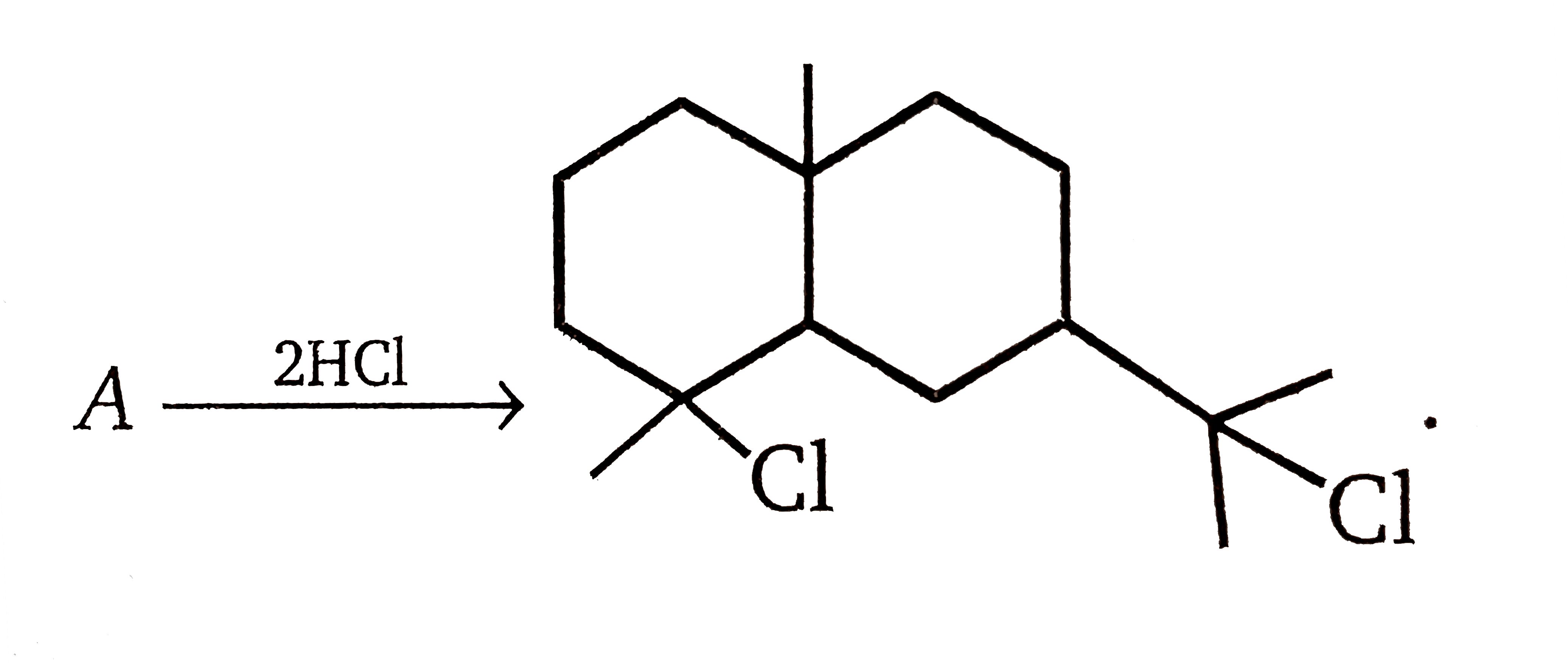A reaction involiving two different reactants can never be:
first order reaction
unimolecular reaction
bimolecular reaction
second order reaction
The correct Answer is:B
Step by step video, text & image solution for A reaction involiving two different reactants can never be: by Chemistry experts to help you in doubts & scoring excellent marks in Class 12 exams.
Updated on:21/07/2023Topper's Solved these Questions
- Chemical KineticsBOOK - MOTIONCHAPTER - Chemical KineticsEXERCISE - Exercise - 4 (Level - II)
15 Videos
- Chemical KineticsBOOK - MOTIONCHAPTER - Chemical KineticsEXERCISE - Exercise - 4 (Level - II) (SUBJECTIVE PROBLEM)
1 Videos
- Chemical KineticsBOOK - MOTIONCHAPTER - Chemical KineticsEXERCISE - Exercise - 3
72 Videos
- CHEMICAL EQUILIBRIUMBOOK - MOTIONCHAPTER - CHEMICAL EQUILIBRIUMEXERCISE - Exercise - 4
20 Videos
- CLASSROOM PROBLEMS BOOK - MOTIONCHAPTER - CLASSROOM PROBLEMS EXERCISE - Electrochemistry
22 Videos
Similar Questions
Knowledge Check
A reaction involving two different reactants can never be:
Aunimolecular reactionBfirst order reactionCsecond order reactionDbimolecular reactionA reaction involiving two different reactants can never be:
Aunimolecular reactionBfirst order reactionCsecond order reactionDbimolecular reactionA reaction involving two different reactants can never be
Abimolecular reactionBsecond order reactionCfirst order reactionDunimolecular reaction
The order of reaction can never be zero.
View SolutionReactants A and B can react to give two different products C and D in two different reactions. The two reactions take place in two different mechanisms and D is found to be more energetically stable than C. But product C was found in larger amounts. How do you account for this ?
View SolutionState whether the statements given are True or False.
Two rationals with different numerators can never be equal.
View SolutionA reaction involiving two different reactants can never be:
View Solution . Reactant (A) can be:
. Reactant (A) can be:
View Solution
